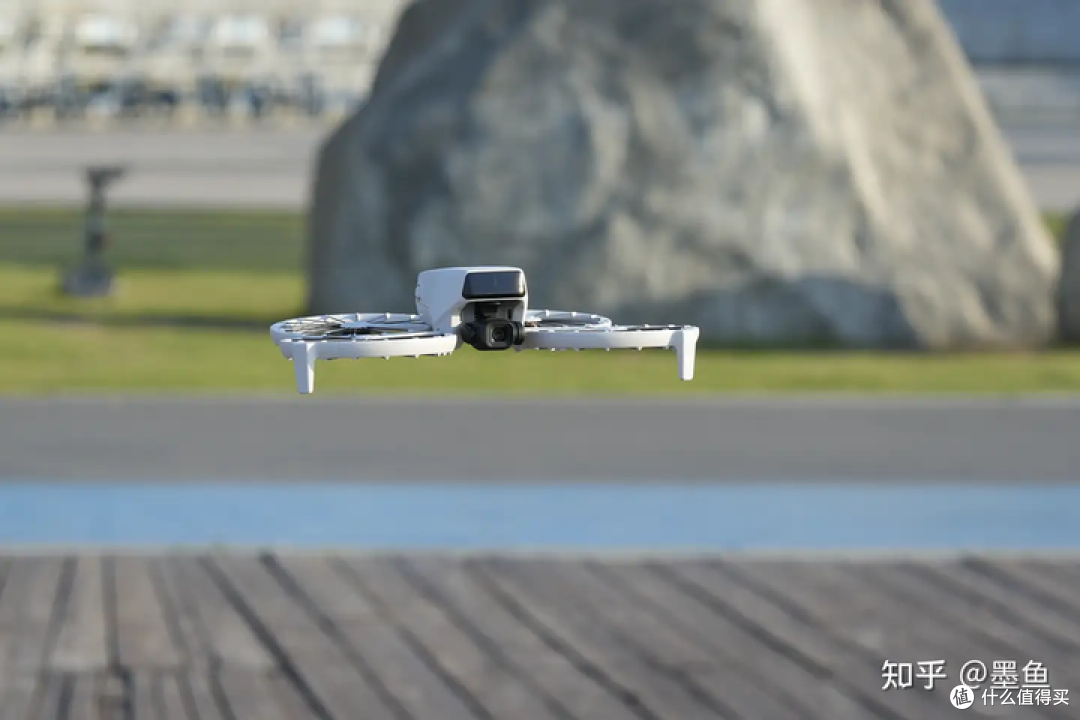Understanding the Evolution and Impact of Drone Technology in Modern Warfare
The rise of drone wars marks a significant shift in military strategy and technology. Drones, also known as unmanned aerial vehicles (UAVs), have transformed how conflicts are approached, offering new levels of precision and effectiveness. The proliferation of drones in modern warfare scenarios highlights their importance and raises numerous questions about their ethical use and future applications.
History and Rise of Drone Technology
From their initial use in reconnaissance missions to their increasingly offensive roles, drones have become indispensable tools in military arsenals. The development of drones can be traced back to the early 20th century, but it wasn’t until the late 20th century that technological advancements allowed drones to become sophisticated, reliable, and lethal.With improved sensors and powerful engines, drones evolved beyond surveillance and began executing targeted strikes.
Strategic Advantages of Drone Wars
Drone warfare offers unparalleled strategic advantages. Drones provide highly accurate intelligence, minimal risk to personnel, and lower operational costs compared to traditional military methods. The ability to conduct precise strikes reduces collateral damage and enhances mission effectiveness.
The Ethical Concerns and Challenges
Despite their advantages, drones raise ethical concerns. The proliferation of drone technology leads to debates over accountability and decision-making in warfare. There is also concern over the potential for drone technology to be used by non-state actors, thereby destabilizing regions.Ensuring drones are used responsibly remains a key challenge for global powers.
Future Prospects and Innovations
The future of drone wars promises more innovations. The integration of AI with drones will enable autonomous operations, leading to more strategic deployments. These developments necessitate robust policies to govern their use, preventing misuse and enhancing global security.
Drone wars, while advancing militaristic capabilities, must be managed thoughtfully to ensure ethicality and security…
Continuous research into drone technology seeks to optimize their use further, including advancements in stealth capabilities and endurance.
Frequently Asked Questions
- How are drones different from traditional aircraft?
Unlike traditional aircraft, drones are unmanned and can be operated remotely, offering greater flexibility and reduced risk for pilots.
- What are the benefits of using drones in warfare?

Drones offer precision, efficiency, and reduced risk to military personnel, allowing for effective missions with minimized collateral damage.
- Are there regulations governing drone warfare?
Yes, international laws and treaties provide frameworks to regulate the use of drones in conflicts, often focusing on accountability and ethical use.